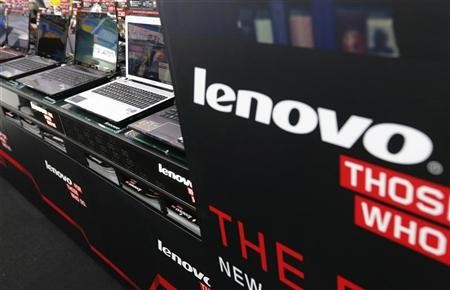Computer manufacturer Lenovo was recently grilled by security advocates and specialists after it was discovered it secretly installed hidden adware in some of its laptops.
The Lenovo adware known only as Superfish injects unwanted advertisements into the user's browser, a technique more commonly associated with malware.
"Lenovo removed Superfish from the preloads of the new consumer systems in January 2015 at the same time Superfish disabled existing Lenovo machines in the market from activating Superfish", Lenovo told BBC in a statement.
Lenovo added that it has already organized an investigating body to get to the bottom of the problem. It said it didn't find any evidence that could lead to possible security breaches on the customer's part.
The most surprising part of the story, however, is that Lenovo had absolutely no idea how the problem came into existence. Lenovo only acted on the problem when confronted by security experts about the possible damage the adware could cause to its customers.
Errata Security CEO Robert Graham said the Lenovo adware works by monitoring a user's internet traffic, especially the user goes shopping online. The adware then flashes ads that show similar products to catch the user's attention and convince him into buying the advertised product.
The process is an intricate one and includes tampering with the Windows operating system registry, according to Wired.



























